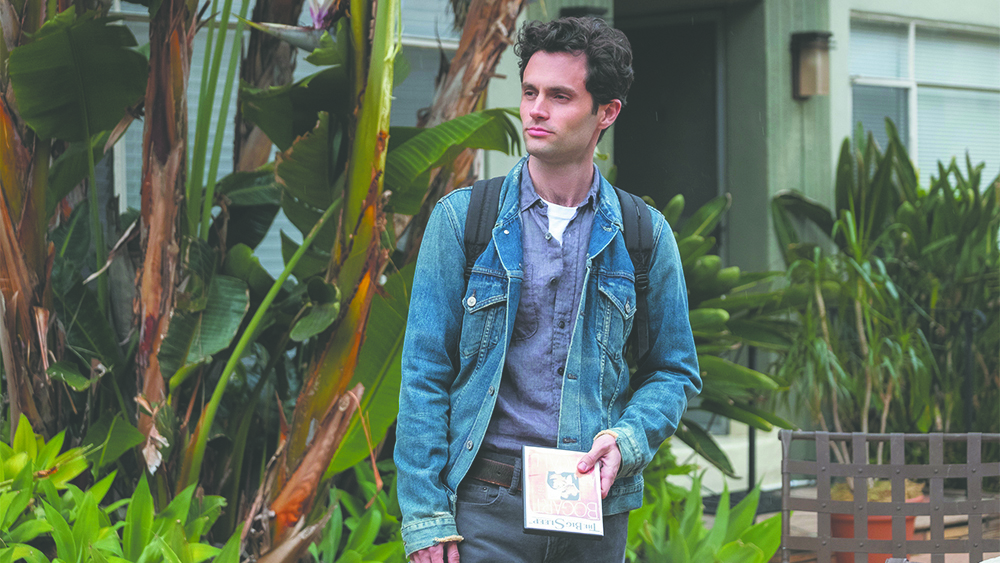We feel too much sympathy for bad people
Joe Goldberg — played by Penn Badgely — from Netflix’s original show “You” is the character that everybody hates to love. On one hand, he murders innocent people and preys on women. But on the other hand, he’s a surprisingly nurturing person with a habit of taking troubled kids under his wing and offering them protection from toxic situations. He stalks women and engineers himself to be their perfect partner, but he loves them so much and is willing to selflessly sacrifice so much for them. Part of the series’ pull is that Joe is so normal on the outside that viewers are constantly pulled to sympathize with him despite his extremely problematic shortcomings.
Even Badgely calls out fans on Twitter for romanticizing Joe — arguing once in an interview with Variety Studios that the show is a great example of how far people are willing to go to forgive an “evil white guy.” While the narrative is certainly changing, we see in the media constant defenses for people — dominantly white men — who have committed crimes. In the case of school shooters, mental illness is always blamed. The criminal is painted as being a troubled young person, and not with contempt. Men like Brock Turner are spoken of sympathetically, with pleas of people trying to protect their futures because they don’t deserve to go down for “one small mistake.” There is even a difference in how news is reported, with white people who have committed crimes being regarded with their titles, such as “soccer player,” and minorities being reported with their race or, potentially, past criminal history. I’ve seen white murderers portrayed with flattering pictures of them, and for an identical crime, a black person’s harsh mugshot is shown.
So, it’s safe to say that Badgely has a point when he complains about how people feel about Joe. A lot of people tend to sympathize with Joe because of racial bias. It would be interesting to see if this behavior continued if a different actor was chosen, or even if there were lesser privileges there, such as an unattractive person playing Joe. This most certainly contributes to the warmth so many feel towards Joe. But there’s more dimension as to why we are committed to trying to forgive terrible people other than the racial problems Badgely pointed out.
This reflects a fairly consistent narrative across real people and television people alike. Our constant desire to forgive people once they’ve found a way to justify their actions in such a way that elicits our sympathy. While people being attracted to the character Joe Goldberg, or even thinking Ted Bundy is attractive is typically a harmless thing, the empathy we feel that transcends all logic and rationality can become toxic for us.
While things like hard pasts do certainly lead people to develop skewed moral compasses, toxic behaviors, or even abusive tendencies, their actions are still their fault. They still make the conscious decision to cause harm to other people, letting things like ego or power take priority over acting kindly and morally.
And even if they didn’t, even if forces they can’t control lead them to hurt you over and over — why do you deal with it? Why do you make excuses for them? Why do you forgive over and over? People know what they’re doing. People do not treat people they value poorly, they treat people poorly that they aren’t scared to lose. Do yourself a favor and stop being so sympathetic to those that hurt you.

